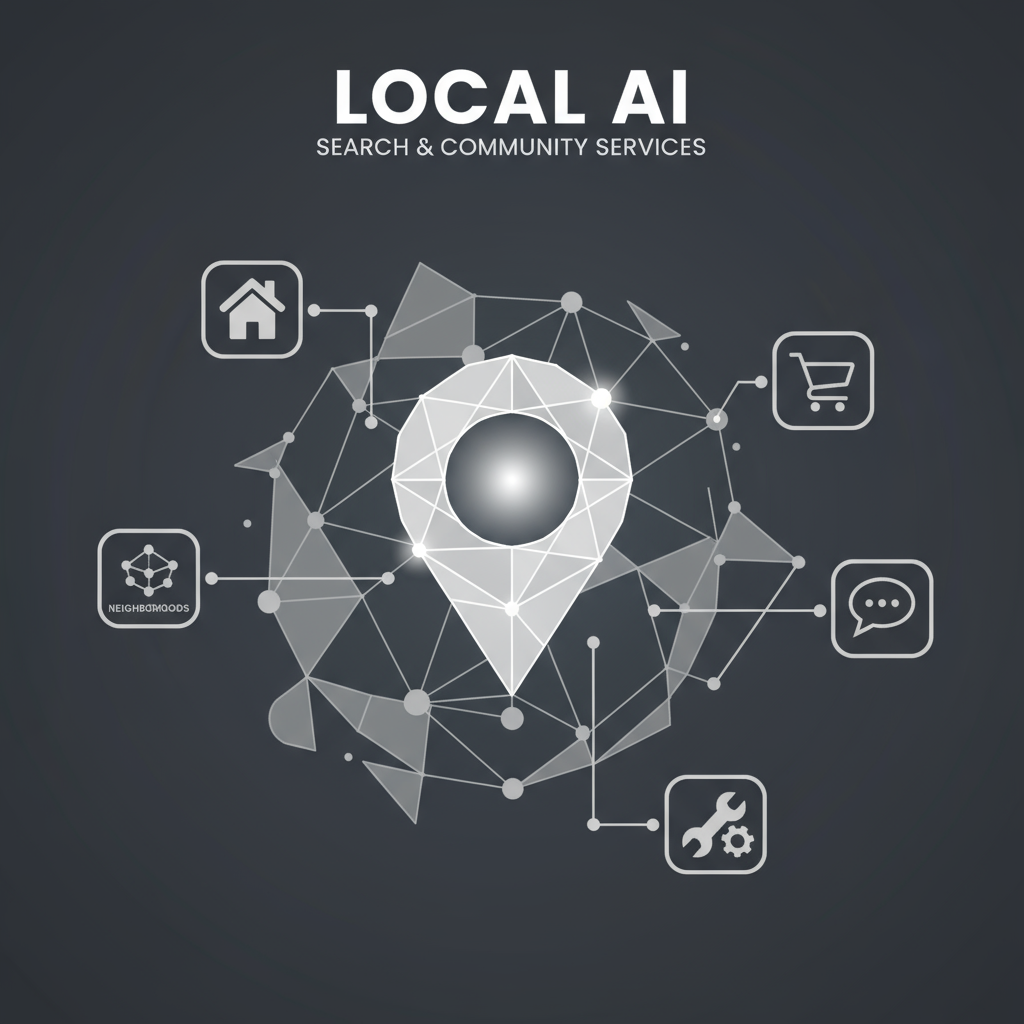
Local Business GEO: How Small Companies Can Beat Big Competitors in AI Search
One of the most exciting shifts with AI search is that size isn’t everything. Local and small businesses have new opportunities to shine, even against enterprise competitors with huge SEO budgets. Why? AI-driven search cares about relevance, specificity, and user satisfaction – areas where nimble local businesses can excel.
This blog is all about Local Business GEO: how a small company can outrank (or out-recommend) bigger competitors in AI search results.
We’ll discuss leveraging local signals (like proximity and reviews), creating hyper-relevant content for your community or niche, and using agility – quick updates, answering trending questions – to beat slower corporate rivals.
If you’re a small business owner or marketer, these strategies will help you punch above your weight and capture customers via AI-driven search in your area or specialty.
Why AI Levels the Field for Local Players
Traditional SEO could be tough for small businesses; big companies could win on domain authority and sheer content volume. AI search, however, often looks for the best answer or solution, not just the most famous brand:
-
Niche expertise: A local hiking gear shop might have a detailed guide on trail safety that a big retail chain doesn’t. AI might surface the local shop’s guide if it’s more informative. Writesonic noted “niche offerings may stand out in filtered, intent-driven search” 80.
-
Semantic context over brand weight: If your content addresses the query better than a generic corporate page, you can appear. Authoritas’s study showed most generative links weren’t just the top brands’ sites 11.
-
Local intent signals: When the query has local intent, AI leans on maps, reviews, and business info. Writesonic’s research found small businesses win by optimizing for detailed attributes like “gluten-free bakery open late” 81 82.
Strategies for Local/Small Businesses
1. Optimize Your Local Listings and Schema
-
Google Business Profile (GBP): Claim, verify, and fully complete profiles (photos, hours, services). AI pulls heavily from GBP.
-
LocalBusiness Schema: Add address, geo-coordinates, hours, reviews. Helps AI trust your data 42.
-
NAP Consistency: Ensure Name, Address, Phone are identical across directories.
-
Attributes: Use GBP attributes (e.g., woman-owned, free Wi-Fi) – voice AIs often surface results this way.
2. Cultivate Glowing (and Specific) Reviews
-
Reviews = natural language AI loves. Uberall noted LLMs ingest Yelp, TripAdvisor 40.
-
Encourage reviews that mention specifics (“best vegan options here”). AI may highlight them 83.
-
Manage negatives: respond to show accountability.
3. Hyper-Local and Hyper-Niche Content
-
Create content tied to local issues/events (“How to prepare your home for Gulf Coast hurricane season”).
-
Mention neighborhoods/landmarks in content naturally.
-
Specialize deeply: niche expertise can outweigh corporate generalization. LearningSEO found topical authority often beats domain authority in AI search 37.
4. Agility – Update Quickly and Often
-
React fast to new trends/questions (COVID cleaning protocols, seasonal shifts).
-
Answer Google Business Profile Q&As – they often appear in AI summaries.
-
Refresh seasonal content (“Holiday gift ideas in [Town]”).
5. Community Engagement and Signals
-
Participate in local forums/Facebook groups – AI scrapes social sentiment.
-
Sponsor local events → backlinks + brand mentions.
-
Get listed in Wikidata/Wikipedia if possible.
6. Voice Search for Local
-
Test voice commands (“call Joe’s Diner”). Add pronunciation guides if needed.
-
Use Reserve with Google or Alexa integrations for bookings.
David vs Goliath Examples
-
Example 1: A small diner with glowing reviews could be recommended by Siri over a chain restaurant: “Joe’s Diner is praised for homemade pie and friendly service.”
-
Example 2: A local tech repair shop could outrank Apple Store for “fix cracked iPhone screen [town]” because it explicitly lists that service and has stronger reviews.
Conclusion
AI search is giving local businesses the chance to claim the spotlight by being relevant and trusted in their community.
In some ways, it’s a return to the days where the shopkeeper who knows everyone by name wins – except now it’s the business that best conveys that expertise and trust in digital form that wins, even against multi-billion-dollar companies.
By doubling down on local strengths – great reviews, community ties, and agility – you can ensure that when an AI is asked, “Where should I go?”, it answers with your name, not the big box store down the road.
